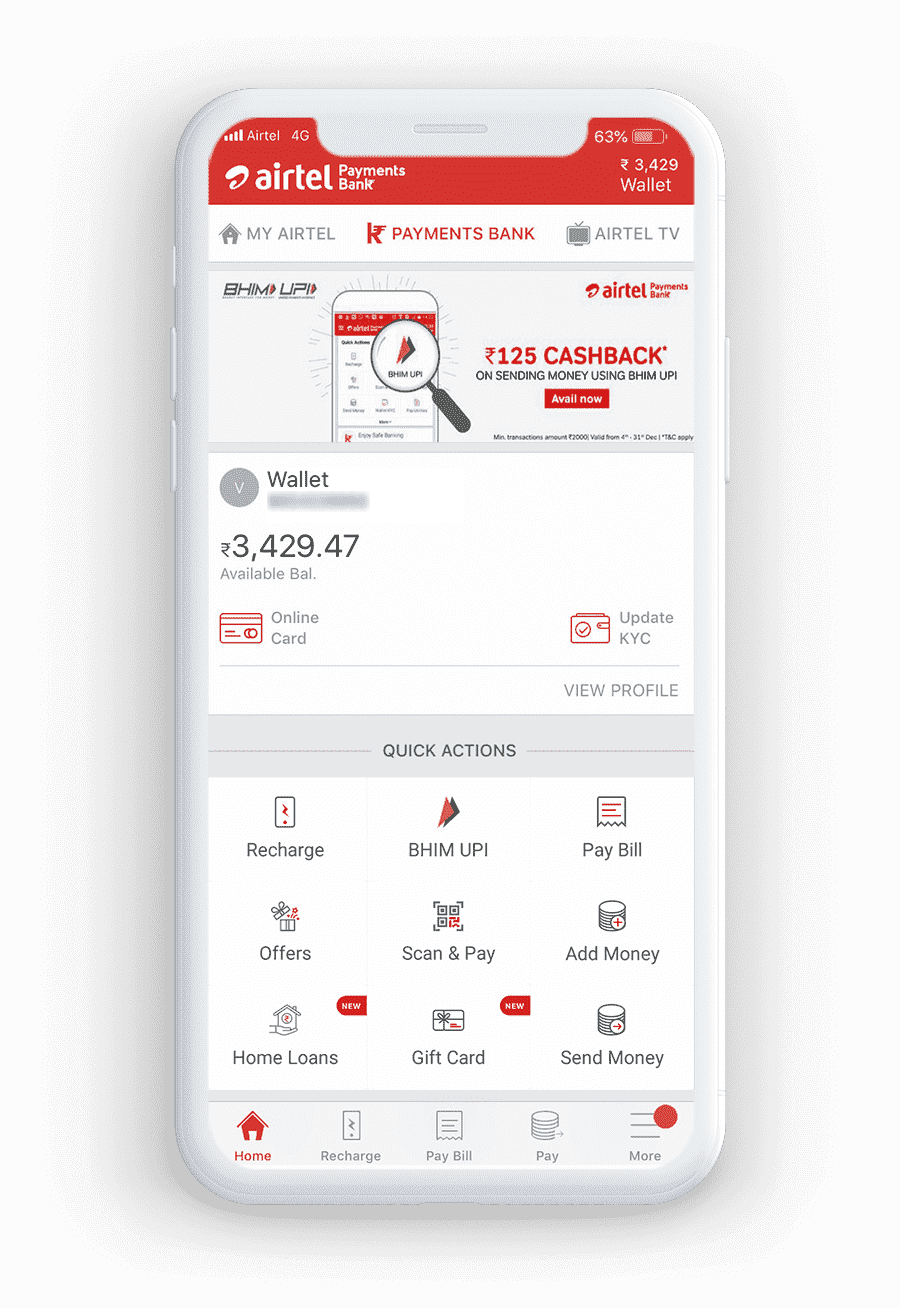Airtel Africa, the second-largest telecom operator in Africa, is celebrating its 10th year anniversary this month June 2020.
Over the past decade, Airtel Africa has achieved significant growth on the continent. It currently serves more than 110 million customers across 14 countries, providing data, voice and mobile money services.
According to its latest report released in May, Airtel Africa provides voice services to 110.6 million customers, data services to 35.4 million customers, and mobile money services to 18.3 million customers. It reported a turnover of $3.4 billion in the last financial year.
Reflecting on the past 10 years, the CEO of Airtel Africa, Raghunath Mandava, said: "Our vision is to enrich the lives of our customers. I want to take this opportunity to thank all our colleagues, partners, suppliers and distributors for their support as we have worked together to deliver on our purpose. In these challenging times, the Airtel Africa team along with our partners are working hard to provide our customers with reliable voice, data and mobile money services".
Airtel Africa has contributed to the bridging of the digital divide on the continent and helping to drive digitisation. In the past decade, Airtel Africa has expanded its network footprint to enable millions of people have access to telecom services and taken the lead in the roll out of 4G networks.
The introduction of wireless home broadband has further helped us to service our customers' evolving needs, Mandava said.
The mobile money service of Airtel Africa provides customers with exclusive assured float. And through strategic partnerships, Airtel Africa launched a virtual card to boost financial inclusion.
Airtel Africa says it has employed more than 3,300 people across Africa, with another 1.6 million people earning as entrepreneurs in its distribution network.
A Timeline of Airtel Africa over the past 10 years
As the holding company of Bharti Airtel, the India-based global telecom services company, Airtel Africa oversees all of its African operations including Airtel Networks Limited ("Airtel Nigeria") and 12 other subsidiaries, namely:
- Airtel Congo S.A., Airtel Gabon S.A.,
- Celtel Niger S.A.,
- Airtel Congo RDC S.A. (DRC),
- Airtel Tanzania Plc,
- Airtel Networks Zambia Plc,
- Airtel Networks Kenya Limited,
- Airtel Tchad S.A.,
- Airtel Madagascar S.A,
- Airtel Malawi Limited,
- Airtel Rwanda Limited,
- Airtel Uganda Limited,
- Airtel (Seychelles) Limited.

Airtel Africa is listed on the London and Nigerian bourses last year.
- 2010: Bharti Airtel Limited acquired the African operations of the Zain Group (formerly Mobile Telecommunications Group) comprising 36 million subscribers operating in 15 countries. including 12 of the Group’s current 14-country footprint. The Group further expanded its footprint with the acquisition of Telecom Seychelles Limited.
- 2012: The Group launched its greenfield operations in Rwanda.
- 2013: The Group expanded its operations in Uganda and in Congo through the acquisition of Warid Telecom Uganda and Warid Congo SA from the Warid Group.
- 2015: The Group acquired yuMobile’s subscriber base in Kenya from Essar Telecommunications Kenya, a part of the Essar Group.
- 2016: The Group completed the sale of its operations in Burkina Faso and Sierra Leone to France-based Orange, to better streamline the Group’s footprint in East Africa.
- 2017: The Group deconsolidated its operations in Ghana upon entering into a joint venture with Millicom International Cellular (which operates under the "Tigo" brand in Ghana) whereby Airtel and Millicom share equal ownership and governance rights in a combined "AirtelTigo" entity.
- 2018: The Group acquired the operations of Tigo Rwanda, a subsidiary of Millicom. Airtel Africa Limited, the Group’s UK holding company, was incorporated and registered as a private company in England and Wales. The Company completed an initial round of pre-IPO funding, raising US$1.25 billion.
- 2019: Telkom Kenya Limited ("Telkom Kenya"), the third largest mobile network operator in Kenya, announced its intention to transfer its mobile operations, enterprise, and carrier business to Airtel Kenya, the Group’s operating subsidiary in Kenya.
The COVID-19 crisis has caused a huge shift in merchant acceptability especially in Kenya, where customers do not need to make any contact with the POS to approve merchant payments and this has been widely accepted by consumers in Kenya.
In light of the unprecedented change in social behavior with regards to merchant payment, it is therefore important to see how Airtel would further develop its technology to meet the trend especially in Kenya.









